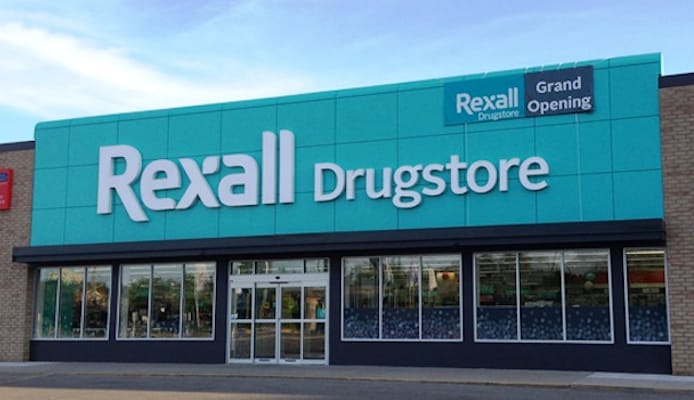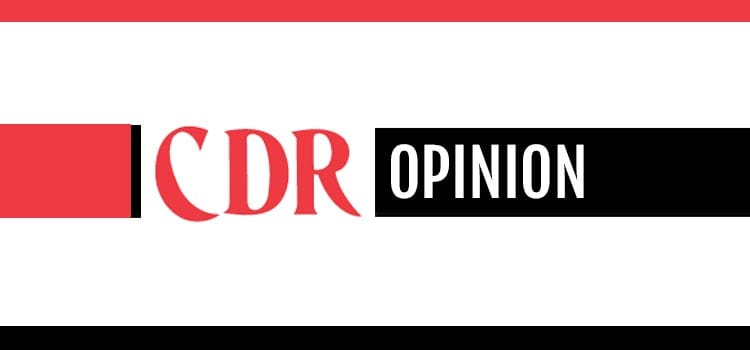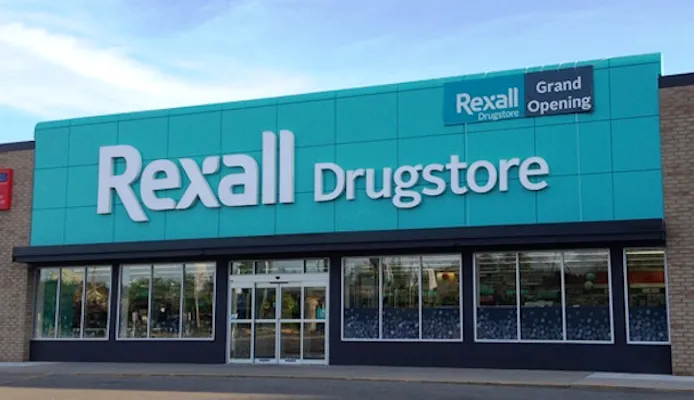
McKesson Corp.’s agreement to acquire Rexall Health from Katz Group is notable in several respects. The transaction alters the balance of power in the Canadian pharmacy market. In addition, it offers confirmation, if any were needed, of the relentless drive among major players in the sector to increase their scale and, in the process, enhance their bargaining power with suppliers and payers. And it points to the growing global reach of leading health care companies.
The $3 billion (Canadian) deal will bring McKesson some 470 community pharmacies that operate under the Rexall Health and Rexall Health Pharma Plus banners, as well as health clinic operator Medicentres Canada and ClaimSecure Inc., a provider of benefits management and administrative services to companies and other health plan sponsors.

With the addition of those assets, the world’s biggest drug distributor positions itself as the most potent challenger to Loblaw and its Shoppers Drug Mart operation for supremacy in the Canadian pharmacy market. Although Loblaw-SDM’s sales of drug store merchandise are still more than double those of the newly combined entity, McKesson Canada, with the addition of Rexall, is beginning to pull away from the rest of the field.
From one vantage point, Katz Group’s sale of Rexall to McKesson can be seen as a logical follow-up to an earlier transaction between the two companies. Four years ago McKesson paid $920 million (Canadian) for Drug Trading Co., which provided purchasing, merchandising and other services to 850 independent drug stores operating under the Guardian and I.D.A. names, and Medicine Shoppe Canada, which comprised 160 franchised pharmacies. The transaction announced at the beginning of the month will bring the two former segments of Katz Group’s health care business back together.
The emergence of a second powerhouse in the Canadian market will put new pressure on other pharmacy operators. Before the McKesson-Katz deal, there was talk about the possibility of new combinations being formed to take on Loblaw-SDM. Several well-informed observers speculated that Katz Group might try to team up with the Jean Coutu Group and Sobeys Inc.’s Lawtons Drugs division. The rationale behind that type of arrangement is now more compelling than ever.
When further consolidation does occur, it will represent a continuation of a trend that has reshaped chain drug retailing in North America over the past quarter century.
Eighteen of the top 25 drug chains in 1991 have disappeared, in almost all cases as a result of merger or acquisition. In the case of another, Duane Reade, the banner still exists but the company was absorbed by Walgreens Boots Alliance, which in its current configuration is itself the product of a transformational merger. Rite Aid, which was also among the top 25, is in the process of being acquired by WBA. Out of the leading drug chains in 1991, only WBA, CVS Health, SDM, Medicine Shoppe and Jean Coutu will exist after the sale of Rite Aid is finalized.
The expansion of McKesson’s retail pharmacy presence in Canada, where it is already one of two dominant pharmaceutical wholesalers, is an extension of the strategy that has seen it increase its international reach. The company two years ago purchased Celesio, which operated 132 wholesale branches, mostly in Europe, as well as the Lloyds pharmacy chain in the United Kingdom. Last September, McKesson picked up the pharmaceutical distribution division of UDC Healthcare, making it a leader in that field in the Republic of Ireland and Northern Ireland.
WBA is another company that sees the future of health care in international terms. It has 13,100 retail pharmacies in 11 nations, as well as a vast drug distribution network that serves providers in 19 countries. Recent reports in the Australian press indicate that WBA is currently looking at the best way to establish a presence in that market.
All the activity on the part McKesson and WBA point to an inescapable conclusion: Going forward, the battle for scale, and the considerable advantages it brings, will increasingly be fought not within a single country or continent but around the world.







